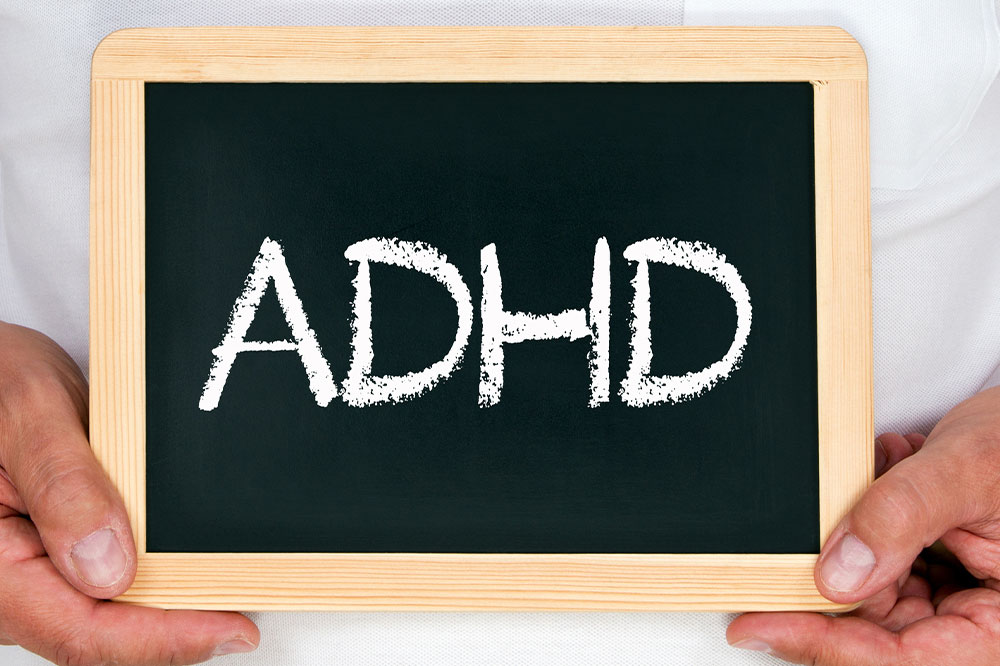How Gut Microbiome Shapes Mood, Sleep, and Stress Regulation: The Science Behind Your Second Brain
Discover how the gut microbiome influences mood, sleep, and stress. Learn about the gut-brain axis, the impact of microbial balance on mental health, and strategies like probiotics to improve overall wellness. This comprehensive guide highlights the importance of gut health for psychological and physical well-being, backed by recent scientific research and practical tips for a healthier lifestyle.

The Impact of Gut Microbiome on Mood, Sleep, and Stress Management
Our digestive system does much more than process food; it plays a crucial role in our emotional well-being, mental health, and daily stress response. Recent scientific discoveries reveal a fascinating and complex relationship between the gut microbiome—the trillions of bacteria and microbes residing in our intestines—and our brain function. This relationship significantly influences our mood, sleep patterns, and ability to manage stress, earning the gut the nickname "the second brain." Understanding how this connection works can open new pathways for improving mental health and overall wellness.
Scientific research emphasizes the importance of the gut-brain axis, a communication network linking our digestive system and central nervous system. Exploring this pathway reveals how the gut influences our mental state and behaviors. This extensive network involves biochemical signals, immune responses, and neural pathways, primarily via the vagus nerve—a major cranial nerve connecting the gut to the brain. The gut microbiota actively produces hormones, neurochemicals, and metabolites that modulate stress responses, neurological function, and mood regulation, highlighting the bidirectional influence between gut health and mental wellness.
Understanding the Gut-Brain Axis and Its Role in Mental Health
The human microbiome consists of trillions of microorganisms—including bacteria, viruses, fungi, and protozoa—that reside predominantly in our gastrointestinal tract. Their collective activity impacts not only digestion but also immune function, hormonal balance, and brain health. The vagus nerve serves as a primary communication highway, transmitting signals from the gut to the brain. When the gut microbiota is balanced, it fosters a healthy mood and resilient stress response. Conversely, an imbalance—or dysbiosis—can contribute to psychological issues such as anxiety, depression, and even neurodevelopmental disorders.
The Connection Between Gut Bacteria and Brain Function
Emerging studies have demonstrated that gut bacteria influence brain health through multiple mechanisms. Certain bacteria produce neuroactive compounds like gamma-aminobutyric acid (GABA), serotonin, and dopamine, which directly impact mood and emotional regulation. Additionally, bacterial metabolites such as short-chain fatty acids (SCFAs) help maintain the blood-brain barrier integrity and modulate inflammatory responses in the nervous system. Disruptions in microbial populations can lead to increased inflammation and altered neurotransmitter production, contributing to mental health disorders. This is particularly evident in conditions like depression, where reduced microbial diversity has been observed.
Research indicates that gut microbiota also influences neurodevelopment and neuroplasticity, affecting learning, memory, and cognitive function. The immune system acts as a mediator, translating gut-derived signals into immune responses that further influence brain health. These findings underscore the importance of a balanced microbiome for maintaining mental clarity, emotional stability, and overall cognitive vitality.
Impact of Stress on Gut Microbiota Homeostasis
Stress is a natural part of life, but chronic or intense stress can significantly disturb the delicate balance of gut microbiota—a condition known as dysbiosis. Studies reveal that even short-term stressors can reduce beneficial bacteria like Bifidobacteria and Lactobacillus, while promoting the growth of potentially harmful bacteria such as Clostridium or Escherichia coli. This imbalance exacerbates symptoms of anxiety, depression, and gastrointestinal issues like irritable bowel syndrome (IBS), creating a vicious cycle wherein poor gut health amplifies stress and vice versa.
Furthermore, gut dysbiosis influences the secretion of stress-related hormones such as cortisol. Elevated cortisol levels, which occur during chronic stress, can impair gut barrier function, increase intestinal permeability ('leaky gut'), and promote systemic inflammation—all contributing to mental health disturbances. Managing stress through mindfulness, diet modifications, and probiotics thus plays a vital role in maintaining both gut and brain health.
How the Microbiome Affects Sleep and Metabolic Health
The influence of gut microbiota extends beyond mood and stress—it also impacts sleep quality and metabolic regulation. Certain bacterial populations are involved in circadian rhythm regulation, affecting melatonin levels and sleep-wake cycles. An overgrowth of bacteria such as Clostridium difficile has been linked to sleep disturbances and fatigue, often accompanying poor dietary habits or antibiotic use. Disrupted sleep, in turn, affects gut microbiota composition, further impairing mental and physical health.
Moreover, dysbiosis is associated with metabolic disorders such as obesity, insulin resistance, and chronic inflammatory diseases. Imbalanced microbiota impacts nutrient absorption and energy expenditure, leading to weight gain and metabolic dysregulation. Recent research emphasizes the importance of a diverse and balanced microbiome for optimal sleep patterns, metabolic functions, and overall health.
Strategies to Support Microbiome for Better Mental and Physical Well-being
Supporting a healthy gut microbiome offers promising avenues for improving mood, sleep, and stress resilience. Probiotic supplements, often termed "psychobiotics," have been shown to reduce cortisol levels, alleviate anxiety, and enhance mood. Incorporating fermented foods like yogurt, kefir, sauerkraut, and kimchi into daily diets provides natural sources of beneficial bacteria that can help restore microbial diversity.
Dietary choices are crucial; consuming fiber-rich foods, polyphenols from fruits and vegetables, and prebiotics like inulin fosters good bacteria growth. Recent studies highlight the protective effects of certain plant sugars and polyphenol-rich foods on gut health. Additionally, lifestyle measures such as reducing unnecessary antibiotic use, managing stress through mindfulness, and engaging in regular physical activity contribute to a robust microbiome.
Cutting-edge research continues to explore microbiome-targeted therapies, microbiota transplantation, and personalized dietary plans for neurological and psychological disorders. As our understanding of the gut-brain axis deepens, so does the potential for innovative treatments that emphasize microbiome health as a cornerstone of mental wellness.
In summary, maintaining a healthy and diverse gut microbiome is fundamental for emotional stability, stress management, quality sleep, and overall health. As science advances, integrating microbiome care into mental health strategies promises new hope for those battling anxiety, depression, and sleep disorders—affirming that a healthy gut is indeed vital for a healthy mind.





